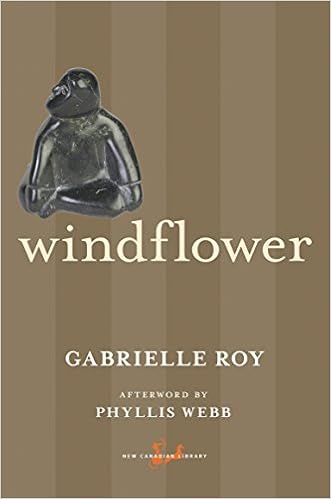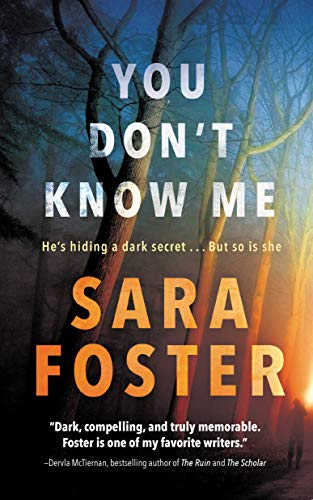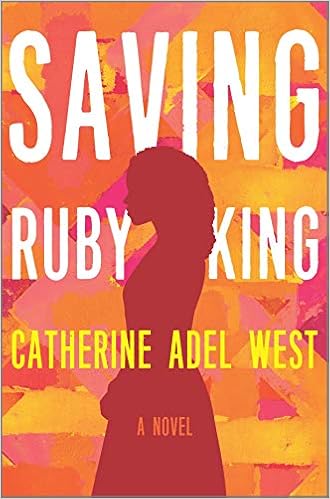4 Stars
I read
Days Without End and
enjoyed it very much, so was anxious to read this sequel. Though not as masterful as the award-winning
Days Without End, it is still a very satisfying
read.
The narrator is Winona, the Lakota orphan girl who was rescued and
adopted by Thomas McNulty and John Cole.
She lives with them in West Tennessee on a hardscrabble farm owned by
Lige Magan, an old army buddy, and two freed slaves, Rosalee Bouguereau and her
brother Tennyson. Winona is beaten and
raped, and though she has no clear memory of the event, she suspects that the
perpetrator was Jas Joski, a store clerk who thinks of Winona as his fiancée. A subsequent attack on Tennyson has Winona
dressing as a young man and riding to a Confederate renegade camp to seek
justice, “To do something to right things immediately.” That trip changes Winona’s life even more.
The novel is set in the early 1870s.
Post-Civil War, defeated Confederates are agitating, stirring racial
violence. Farmers who lost their slave
labour are especially resentful of freed blacks. “In Tennessee . . . there were thousands of aggrieved
souls . . . Men so disgruntled by the war they couldn’t breathe the air of
peace, it choked them.” Winona is a
clerk for Briscoe, a kind and liberal-minded lawyer, who says, “’The time is so
dangerous that the law is barely possible.’”
Of course, the times are especially dangerous for Rosalee and Tennyson
and for Winona. Winona points out that
she has less status than Rosalee: “she
was a slave before the war and a slave is low down in the eyes of white folks
of course. So I was lower than that.” Even in the eyes of the law, she has no
rights: “There was no crime in hitting
an Indian . . . Lige Magan went to the lawyer Briscoe . . . for affirmation of
that and he affirmed it.” Later, Briscoe
says, “’An Indian ain’t a citizen and the law don’t apply’” as it would for a
white person.
A major theme is the persecution and genocidal destruction of Native
Americans. Several times Winona refers
to her not being considered human: “in
the minds of the townspeople I was not a human creature but a savage. Closer to a wolf than a woman. . . . I was
less than the least of them. I was less
than the whores in the whorehouse, except maybe for them I was just a whore, in
the making. I was less than the black
flies that followed everyone in the summer.
Less than the old shit thrown to the backs of the houses. Just something so less you could do what you wanted to it, bruise it, hit it, shoot
it, skin it.” Winona’s entire family was
slaughtered: “We were nothing so to kill
us all was just the killing of nothing so it meant nothing. It wasn’t a crime to kill an Indian because
an Indian wasn’t anything.” She ponders
the consequences of people being considered less than nothing: “I wonder what does it mean when another
people judge you to be worth so little you were only to be killed?” Winona speaks of the story of her people
being “the saddest story that ever was on the earth. . . . That’s a weight of
sadness has crushed many a head. Ever
seen a drunken Indian, ever seen an Indian in rags? That’s what happens when a king is heaped with
sadness.”
The book is very much a coming-of-age story. Early on, Winona decides to take control of
her life: “There was a time for your father
and mother to fight your battles . . . and there was a time to fight them for
yourself and I had reached that time I reckoned.” She realizes she must be brave, “to shuck off
fear and have the courage of a thousand moons,” because “you have to meet the
great force of the flood, or the tornado, or the great storm, with an equal
great force. To build up what has been
torn down and to put back in their places what has been rended from their places
and parted from their hooks.” Near the
end, at a pivotal moment, she resolves to “sort things out for myself” and tells
her family, “’You the folks I attend to best in this world . . . but now I ask
you to sit you down at that table and I will try and tell you what I am going
to do.’” She is fierce in her
determination: “I instructed them with
my sternest voice they were to do nothing on my account. They were to let me do for myself.”
The book is not flawless. The
relationship between Peg and Winona is problematic. Peg is not sufficiently developed so one
wonders why Winona loves her, and Winona seems unable to explain why she loves
Peg. Poetic phrasing does not help: “If you could make honey hover in the air it
would be Peg. If you could take a sliver
of the wildest river and make it a person it would be Peg.” The author seems to want the reader to view
their love as a parallel to Thomas and John’s (“Thou shalt hope to love like
them”), but there is insufficient development of the former to make this
credible.
Another weakness is the ending.
It seems forced and rushed. The identities
of the guilty are revealed in one conversation?
Realistically, would such a conversation even take place? And much of the suspense readers would feel about
Winona’s fate is compromised by the fact that they are told at the beginning of
the novel that Winona is speaking of events that transpired in the past: “If I say that here following are the real
events, you will remember that they are described at a great distance from the
time of their happening.”
As usual with Barry’s fiction, the style is very lyrical. For instance, Thomas has “the anger of the righteous
angels. He knew the absolute menace of
the world. He knew it was a place so
knotted with evil that good could only hope to unknot a tiny few threads of it.” John “was a shadow person – a place of shadows. All as gentle as a child with me and all as
fierce as a buffalo in battle. John
Cole, the keel of my boat. Thomas the
oars and the sails.” Descriptions of
nature are particularly poetic: “A high
cold sky was speckled with stray blues and greys like a bird’s egg. But a reluctant sunlight was trying to measure
the height of the sky with long thin veins.”
This is not really a standalone novel.
There are many references to events in Days Without End but much is not explained. There is little character development as
regards Thomas and John so they may seem flat and almost too good to be
believable if a reader does not have fuller knowledge of them from the previous
novel. Since Days Without End is such a magnificent book, treat yourself and
read it and then follow up with A
Thousand Moons.









